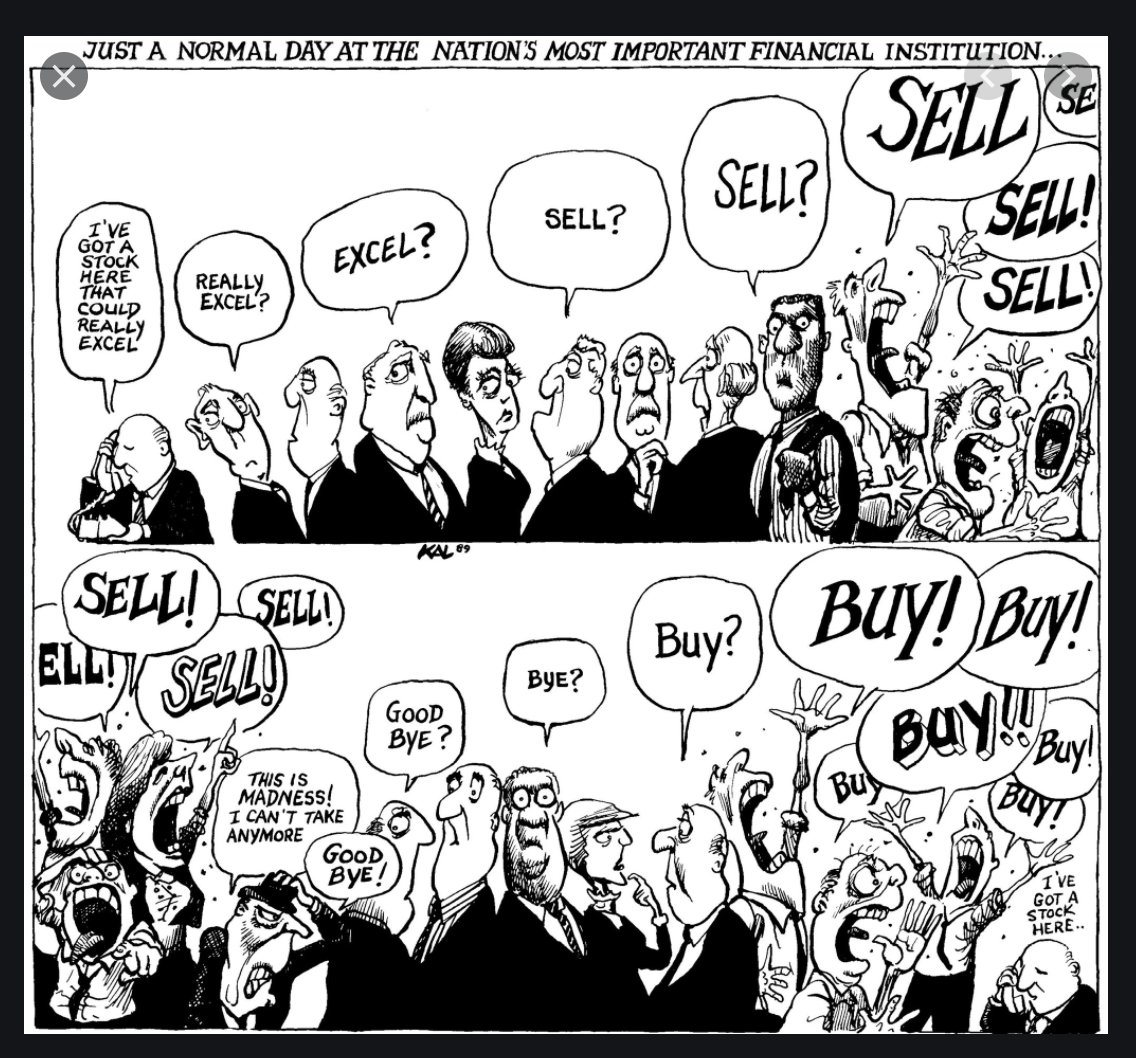~Nietzsche
We make a number of important decisions by inference, what happens when we get the wrong? A thread
One day, a famous Mullah named Nasrudin was riding his donkey in the desert. He saw a group of men on horseback in the distance
But his donkey was slow, which gave the men on horseback the time to
How many times have you seen another do something, incorrectly inferred why they did it and then changed your behavior based upon that inference?
The lesson here is a simple one--don't rush to judgement and think that your original
"Would it have been worth while
If one, settling a pillow or throwing off a shawl,
And turning toward the window, should say:
That is not what I meant, at all.”
Finally, make an effort to train your mental models to get better at inferences, because when they become more accurate, your progress will move at a far faster pace




